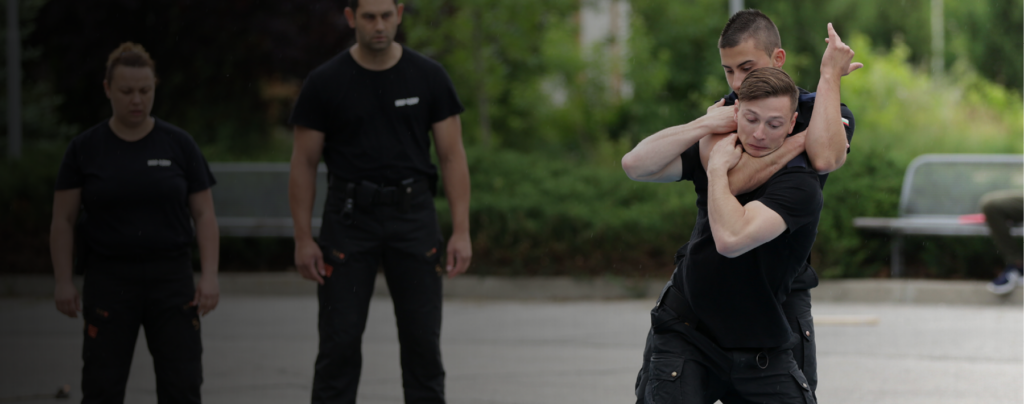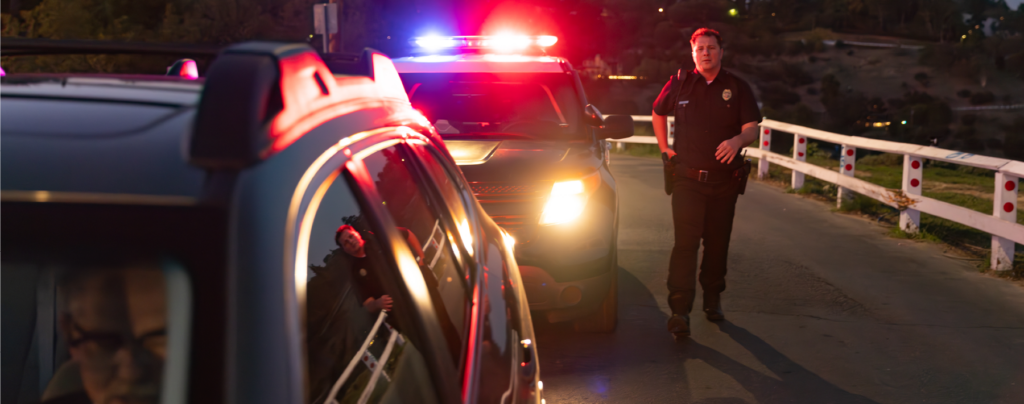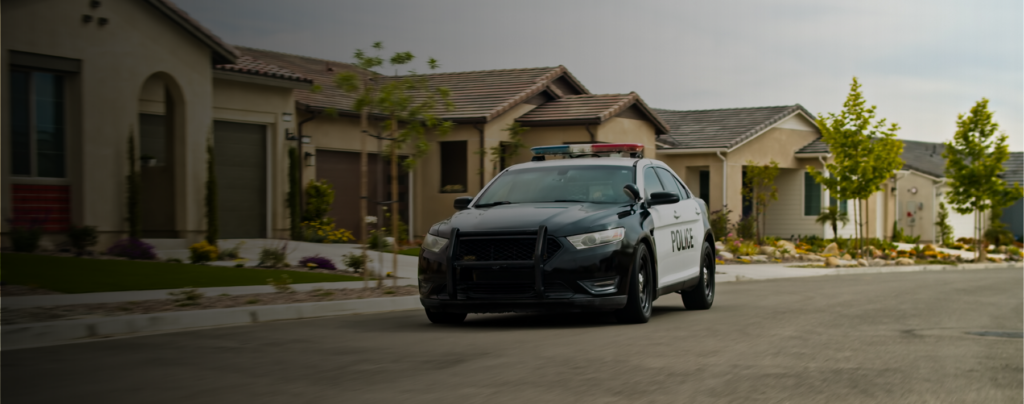In law enforcement, conversations about education can get pretty heated. While tactical training, chain of command and procedural knowledge are valued in police agencies, mention “college” and you might hear crickets — or worse. Why? Because many in law enforcement have long considered formal education as optional at best, elitist at worst. That old mindset is far overdue for retirement — and this time, without ceremony or pension.
My Personal Educational Story
In my own journey, I have seen firsthand how education can shape not just an individual’s career but also the broader culture of an organization. I’ve written about this topic before, citing my own experience as an example of the positive impact of higher education. It wasn’t just about the next promotion or collecting credentials — it was about reshaping perceptions about thinking, leading, and serving in public safety.
During my public safety career, I started by earning a bachelor’s degree, then went on to complete a master’s degree. After transitioning from public safety to private work, it became clear to me that education is key to challenging and changing the very cultures within the organizations we work for. This realization led me to pursue doctoral studies while also working for Lexipol, a company deeply embedded in public safety policy and training.
This academic journey helped me come to understand the structural forces at play in law enforcement and how leadership can drive meaningful change. I saw that education could not only improve outcomes but also shift perspectives, build trust, and reframe what it means to be a professional in a modern public safety landscape.
Timely law enforcement content in your inbox: SUBSCRIBE NOW!
Is Law Enforcement a Profession or Trade?
Law enforcement has long sought professional status, which often means the adoption of standards for higher education. However, this transition has been delayed not only by structural issues but also by a deep-rooted cultural resistance within the profession itself.
Traditionally, policing has been seen as a job that requires skill and tactical training rather than formal academic credentials. Many officers argue higher education — especially in a field as practical and action-oriented as policing — is unnecessary. Also, the “some do and some teach” mentality has shaped how law enforcement professionals view their work and their educational needs.
The industry’s resistance to higher education is partly rooted in its history. During the political era of policing (1840-1930), police work was driven by political demands and required practical skills rather than intellectual expertise. Over time, as law enforcement became more bureaucratic and professionalized, leaders like August Vollmer advocated for higher education as a means to advance professionalism within the field. Unfortunately, while training and structural reform were emphasized, post-secondary education was largely sidelined.[1]
Today, police training focuses on technical skills such as firearms handling, emergency vehicle operations and first aid, but there is still a resistance to incorporating broader academic education into the core of police work.
It’s ironic that in a profession where judgment can determine life or death, we often prefer gut reactions rooted in “common sense” to critical thinking. Imagine a would-be surgeon refusing to go to medical school because they’ve already “got a feel for it.” Sounds ridiculous, right? Yet, that’s how we often treat higher education in policing — as optional, or even suspect.
Bureaucratic Structure vs. Educational Progress
One of the perennial features of law enforcement is the strict bureaucratic structure and military-like chain of command. While necessary in many ways, rigid agency frameworks can stifle the incorporation of educational progress.
For example, cultural barriers within law enforcement agencies can discourage officers from pursuing higher education. In some cases, officers who complete higher education are met with suspicion by their peers and superiors. There’s also a pervasive belief that “street smarts” are more valuable than academic learning, with some (especially the “old guard”) viewing advanced degrees as unnecessary or even detrimental to an officer’s effectiveness.
The reluctance to value education isn’t just individual; it’s woven into the very fabric of law enforcement culture. The chain of command, for instance, is designed to maintain order and efficiency, but it can also suppress independent thought and innovation. This cultural and organizational inertia is a significant obstacle to introducing new concepts, including the idea that education can improve officer performance and decision-making.
And let’s not forget the silent saboteur: peer pressure. Officers who enroll in night classes often face side-eyes from colleagues — “What, are you better than the rest of us?” It’s this embedded skepticism that reinforces the status quo and isolates those trying to grow and improve. It’s also black-and-white thinking to endorse training or academics when, in fact, we should support a combination of both.
Education is key to challenging and changing the very cultures within the organizations we work for.
Cultural Change Requires Forward-Thinking Administrators
Administrators play a key role in shaping the culture within law enforcement agencies. If an agency’s leadership values higher education, officers will be more likely to pursue advanced degrees. However, cultural attitudes can fluctuate with changes in leadership, and many departments lack consistency in how they handle higher education.
In some agencies, administrators passively support education, but do little to actively promote it. Others may provide resources and incentives for officers to pursue college degrees, understanding that it can lead to better decision-making and greater job satisfaction. Still, many departments at best remain indifferent or at worst resistant to their officers pursuing post-secondary education.
It’s not hard to understand the genesis of this mindset. Simply put, some leaders see education as a threat to the status quo. A college-educated officer might challenge outdated practices or propose new ideas. That’s uncomfortable for any system that thrives on hierarchy and uniformity. But real leadership embraces discomfort – because that’s where growth lives.
Breaking Through the Resistance
The solution to these cultural barriers isn’t necessarily top-down enforcement but rather a cultural shift that must come from within the law enforcement community. As evidenced by the experiences of officers like me who actively pursued education despite the pushback, cultural change begins at the grassroots level. Officers who value education and strive to improve themselves academically can set an example for others in their department.
Furthermore, introducing hybrid programs that combine police academy training with advanced coursework could help bridge the gap between education and practical policing. The model used in New South Wales, Australia, where recruits pursue an associate degree while completing their police training, could serve as an inspiration for U.S. law enforcement agencies. This model balances the need for practical skills with the intellectual rigor of academic education.
We already blend fitness training with defensive tactics and scenario-based learning; why not add ethics, communication theory or cultural studies into the mix? These aren’t ivory tower concepts — they’re frontline necessities. A police recruit who understands social dynamics is more likely to de-escalate a tense situation than escalate it into a headline.
Ultimately, it is crucial to understand that education in law enforcement is about making officers more effective at their jobs. In a profession where officers are entrusted with life-or-death decisions on a daily basis, the need for education that promotes critical thinking, ethical decision-making and long-term problem-solving is undeniable.
References
- Svogun, T. (1998). Police Professionalism and Education. Presented at the annual conference of the American Police Association, Boston.
- Tip Sheets




